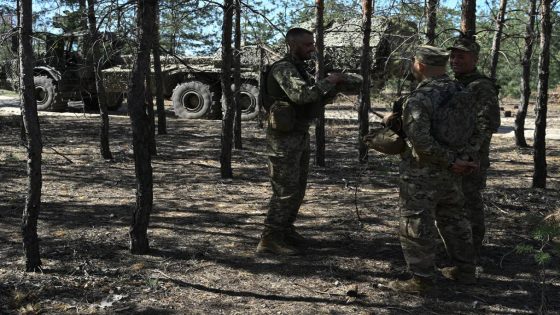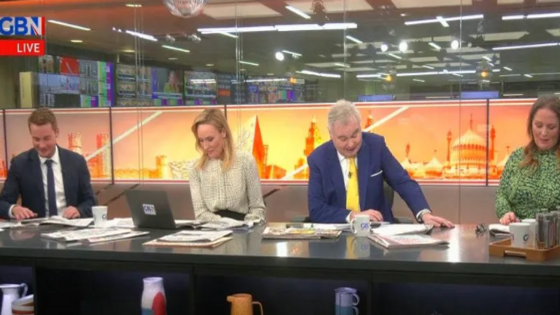BRATISLAVA, Slovakia â Three months after kickstarting a bulk ammunition purchase for Ukraine, Czech officials share divergent assessments of how itâs going.
âThe Czech-led initiative to fund and procure urgently artillery ammo for Ukraine is progressing steadily â the first 180,000 shells have been contracted and should arrive by June,â FrantiÅ¡ek Å ulc, the first Deputy Minister of Defense of the Czech Republic told Defense News during the IDEB defense fair, held here May 14-16.
Prague is actively engaged with partner nations to secure additional financial resources and ensure a âsteady supply of ammunitionâ to Ukraine in the coming months, Å ulc added.
However, not all officials appear to share the same optimistic view of the state of the audacious proposal, which entails of sourcing much-needed 122mm and 155mm artillery shells on the global market.
In a recent interview with the German news service Tagesschau, Czech President Petr Pavel said the initiative was not advancing as rapidly as envisaged partly due to the Russian government knowing details of the operation.
âThe more people know about the initiative, the more competition there is â on the one hand it was necessary to make it public to gain the support of other countries, but on the other we also revealed our cards, which Russia is of course now exploiting,â Pavel said.
âThis is another reason why the initiative is not progressing as quickly as we would have liked,â he added.
Navigating the fine line between transparency and discreetness has been challenging for Kyivâs allies. Throughout the war in Ukraine, some have struggled with reconciling concerns over revealing too much of their plans to Moscow with being as accountable as possible.
There have also been growing worries about the possibility of Russia intercepting operational details of Ukraine-related procurement efforts since the leak of a German Air Force teleconference about possibly sending Taurus cruise missiles to Kyiv.
According to Å ulc, more than 16 European Union and NATO countries have joined the ammunition initiative and contributed money. The group is now working through coordination snags, especially with procuring from non-European vendors.
âOne of the challenges is the need to source products outside the European defense industry due to time constraints â this necessitates negotiating with partner nations for sufficient funding and navigating regulatory environments in third countries,â Å ulc said.
Meeting the security and specific requirements of the Ukrainian Armed Forces is also âvery time consuming,â he added.
Slovakia, host of the arms fair Å ulc was visiting last week, has declined to join the initiative, though citizens here organized a private fundraiser campaign raising $1.6 million in donations.
Å ulc said his government respects nationsâ decisions to partake or not. But, he added, âIt is essential to convey the urgency of the situation in Ukraine and the critical need for support.â
Elisabeth Gosselin-Malo is a Europe correspondent for Defense News. She covers a wide range of topics related to military procurement and international security, and specializes in reporting on the aviation sector. She is based in Milan, Italy.
Source Agencies




